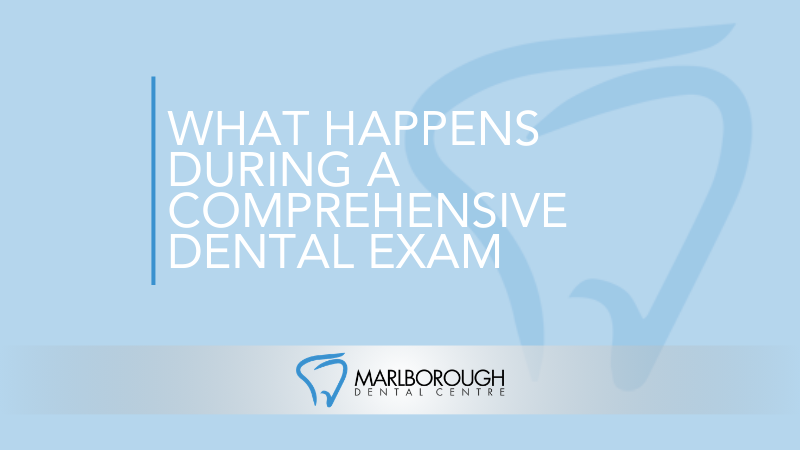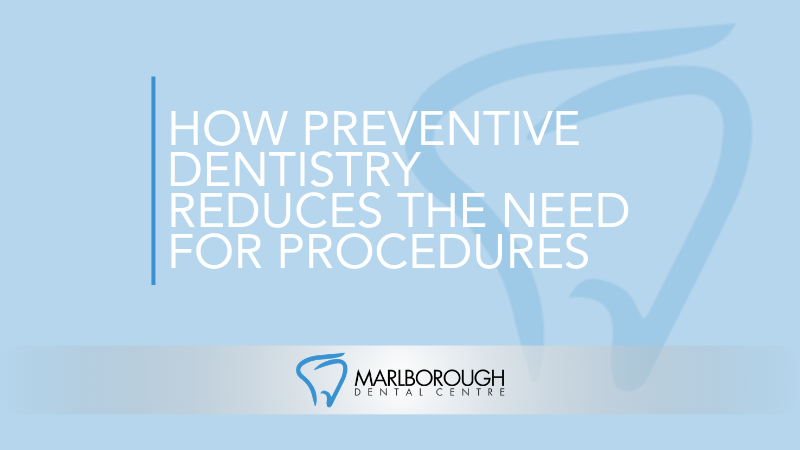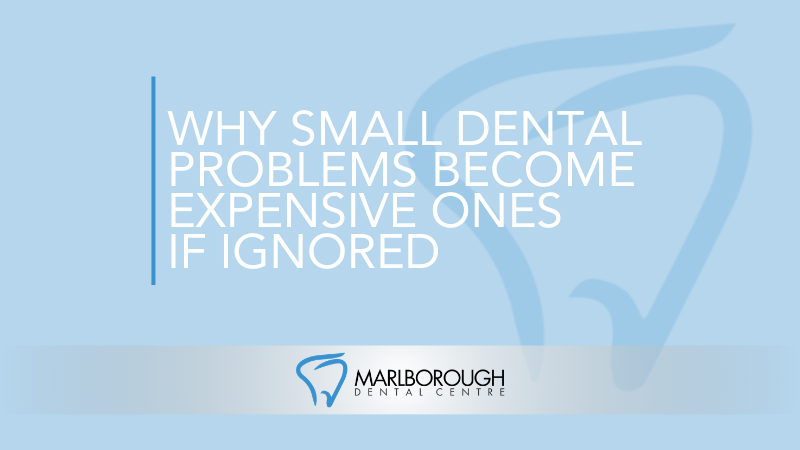5 Benefits Of Flossing
Flossing does more than just remove the pieces of food trapped in your teeth; it plays an indispensable role in ensuring the well-being of your teeth and gums. Some dentists even claim that flossing accounts for more than 40% of your oral health.
Here are 5 benefits you can enjoy with regular flossing:
Removes plaque: Plaque forms when the natural bacteria in your mouth mix with starchy or sugary foods and drinks. This colourless, sticky film continuously erodes tooth enamel, a mineralized coating that shields your teeth from damage and decay. By eating away enamel protection, plaque leaves your teeth vulnerable to cavities.
If left unaddressed, plaque can also solidify into tartar, accumulating along your gum line. Tartar is a leading cause of gum disease.
Flossing is essential for removing plaque lodged in small gaps in your teeth that your toothbrush cannot reach.
Helps prevent cavities: Cavities are tiny holes on the surface of your teeth. Without treatment, cavities can cause toothache, infection, and tooth loss. Their adverse effects are often permanent and can be difficult and expensive to treat.
Cavities are caused by bacteria that have penetrated through the tooth enamel. As such, cavity prevention is centred on keeping your tooth enamel intact. The best way to achieve that is regular flossing, which gets rid of the plaque that dissolves the tooth enamel.
Helps fend off gum diseases: Plaque that is allowed to accumulate can turn into tartar, which attacks your gums. Gum disease usually begins with gingivitis, the inflammation of gums. Left untreated, gingivitis can devolve into periodontitis. This is a serious infection that can cause bleeding gums, gum recession, and tooth loss.
Because gum diseases start with plaque in your teeth, removing it with dental floss is your best shot at keeping your gums away from infections.
Minimizes bad breath: Frequent flossing can prevent bad breath, or halitosis, in 2 ways. First, it removes food particles trapped in your teeth. Unremoved food particles decay and leave off a foul-smelling odour coming from your mouth.
Second, flossing reduces bad breath by preventing cavities from forming and gum infections. Both diseases have been shown to directly cause bad breath.
Promotes overall health: Research increasingly points to a mouth-body connection, which argues that oral health has an effect on your body’s overall health. According to a 2019 study, participants who maintained a high standard of oral health were significantly less likely to develop atrial fibrillation and heart failure.
By contributing to your oral health, flossing is also beneficial to your overall health.
Is Flossing Necessary?
While the practice of flossing is becoming increasingly accepted, the myth that flossing is more of an option than a necessity remains pervasive. Getting rid of trapped food particles and refreshing your breath is just scratching the surface of how flossing benefits your dental hygiene and oral health. Its real benefit is preventing plaque buildup, the leading cause of teeth and gum diseases.
Like brushing and bi-annual dental cleanings, it is high time to recognize flossing as a mandatory part of dental care.
Dental hygiene is top of mind at Marlborough Dental Centre. Our NE Calgary dentists work extra hard to ensure your teeth are sparkling clean and your gums healthy. To learn more about how we can help you keep your oral health at a high standard, call us at 403-248-2066 or fill out our online contact form.
FAQs
Q: How often should I floss?
A: The best times to floss are after every meal and before you go to bed. Try to floss for a total of 2 to 3 minutes per day.
Q: Which type of dental floss is best for me?
A: The best dental floss for you is floss that you will use. Feel free to try different kinds of dental floss and stick with the one that feels most comfortable for you. Generally speaking, people with larger spaces between their teeth will prefer wider floss while those with thinner spaces between their teeth will opt for thin, shred-resistant floss.
Q: Is it normal that my gums bleed when I’m flossing?
A: People new to flossing should expect their gums to bleed for the first few times. This is completely normal and should stop as long as you continue flossing.




